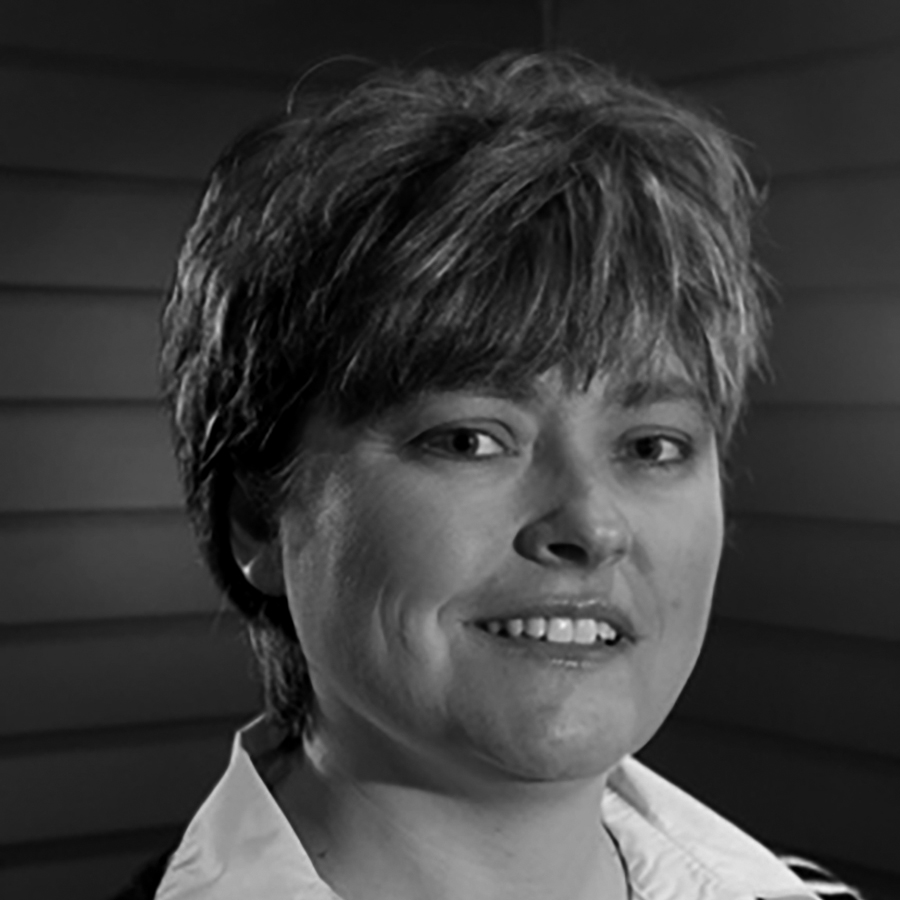Scott Carson, founder of We Close Notes, never intended to invest in nonperforming notes despite previously working as a mortgage broker and a financial adviser. Like so many others investing in real estate, he started purchasing properties and transitioned into short sales. But a phone call to a bank to negotiate a short sale changed the way he invested.
“I was told they weren’t interested in a short sale, but they would sell me the note,” he explains.
A real estate or mortgage note is essentially a written promise to repay the money loaned to purchase a property. When a borrower defaults on the loan, banks and other lending institutions will sometimes decide to sell what’s considered a nonperforming note for pennies on the dollar to cut their losses. The person who purchases the note is entitled to modify the terms and receive payment for the debt.
Carson eventually agreed to purchase the note instead and, in the end, wound up making more money on the note—for far less work—than he would have if he had been able to purchase the property as a short sale. He immediately shifted focus and, in 2008, founded We Close Notes, a company specializing in finding, purchasing and selling nonperforming notes on residential and commercial properties.
Today, We Close Notes is considered one of the leading resources for those who want to learn how to buy and sell nonperforming notes as well as those looking for investment opportunities.
An Ongoing Opportunity
Unlike the short sale market, which peaked and dried up, notes offer an ongoing opportunity to invest in real estate, according to Carson. As long as there are loans, there will be borrowers who default and lenders willing to sell the note. In fact, right now, he points out, there are 6 million foreclosures, and five-year loan modifications are beginning to adjust. Many of those will default, presenting even more note opportunities.
Investors who understand notes and know what to do with them can usually expect good returns, but you will need patience—expect to wait 12 to 18 months for a payday on a note versus 90 days on a fix-and-flip project—and you can’t be overly analytical.
“There are a lot of moving parts, and overanalytical people struggle with it,” Carson says. “They want a hard number that leads to a hard number that leads to another hard number, but there is a lot of ‘fuzzy math’ with notes.”
Flexibility also helps when it comes to the borrower. One of your first tasks after you’ve purchased a note is to find out why the borrower isn’t making payments and offer a mutually beneficial payment plan.
“Our goal is to rehab the borrower,” Carson says. “We find out what’s going on and take a nightmare and turn it into a dream again.”
After getting the borrower back on track, you can hold the note, help the borrower refinance or even sell the note. Every property and every borrower is different, so understanding your exit strategy options is crucial to success.
Getting Started
We Close Notes offers a three-day virtual seminar that teaches attendees where to find deals, how to identify a good deal, how to raise capital, what to do once you own a note and what exit strategy is right for the deal. Carson emphasizes that the seminar is not a pitch to buy another product.
“You can use the information we provide to immediately go to work,” he says.
In fact, you’ll actually begin implementing the skills you learn during the seminar, so there’s a chance you could have a deal before it even ends. Carson also brings in industry experts—helping you make connections that will kick-start your note-buying career—as well as deals. If you want to invest in notes and implement the strategies you learn, you will have success, he says.
The seminar costs $599 for the attendee and a spouse or partner (military and first responders are free) and includes free recordings and access to an online portal where you can network with other attendees. You can also repeat the seminar as often as you’d like.
Carson says he has seen the seminar change lives. One student left a six-figure salary at a software company because he was able to earn even more investing in notes. Others have been able to pay for their kids’ education by just closing a deal or two a month. But, he says, he gets more satisfaction out of watching someone close his or her first deal and realize what an opportunity notes are.
“People just need someone to show them the way,” he says.
























0 Comments